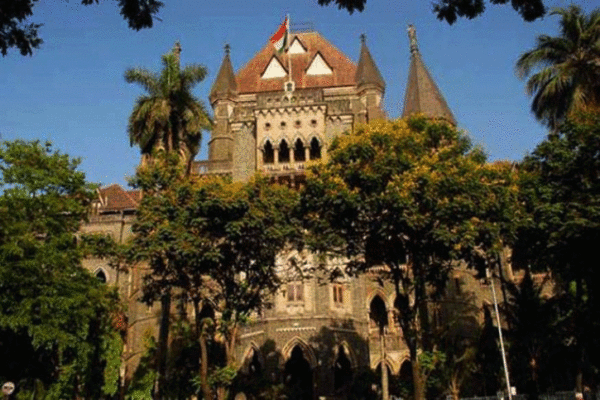The state legislature had on November 30 passed a Bill proposing 16 per cent reservation in government jobs and education for Marathas, on the basis of the report.
Mumbai: The Bombay High Court on Monday directed the Maharashtra government to give copies of the entire report of the Backward Class Commission on Maratha reservation to petitioners challenging the quota decision.
A division bench of Justices Ranjit More and Bharati Dangre quelled fears of the state government that certain portions of the report would create communal tension and law and order problems, saying “there is nothing worrisome”.
In November 2018, the commission had submitted an exhaustive report on the issue of Maratha reservation.
On the basis of the report, the state legislature had on November 30 passed a Bill proposing 16 per cent reservation in government jobs and education for Marathas, declared as a socially and educationally backward class by the government.
Several petitions were then filed in the HC challenging the reservation and the petitioners had sought a copy of the backward class commission’s report.
On previous hearings, Maharashtra’s Advocate General Ashutosh Kumbhakoni had told the court that the state was ready to submit the entire report to the court but would give a truncated version to petitioners.
“Around 20 pages of the report will have to be masked before giving to the petitioners. These pages are about the history of the Maratha community and the state feels that it may create communal tension and law and order problems,” he had said.
Last week, the government submitted the entire report to the bench which said it would peruse and decide.
“We have gone through the entire report. We feel everything should be given to the petitioners without any masking or deletion. There is nothing worrisome according to us,” Justice More said on Monday.
The bench then directed the government to give copies of the entire report to the petitioners on Tuesday.
The court said it would commence final hearing in the petitions on February 6.
While few of the petitions challenged the government’s decision to provide 16 per cent reservation in government jobs and educational institutions to the Maratha community, several others were filed in support of it.
The government had earlier this month filed its affidavit in the petitions and justified its decision to grant reservation to Marathas, saying it was meant to alleviate the community from its social and economic backwardness.
Marathas, a politically-influential community constituting around 30 per cent of the state’s population, have been demanding reservation in jobs and education.













